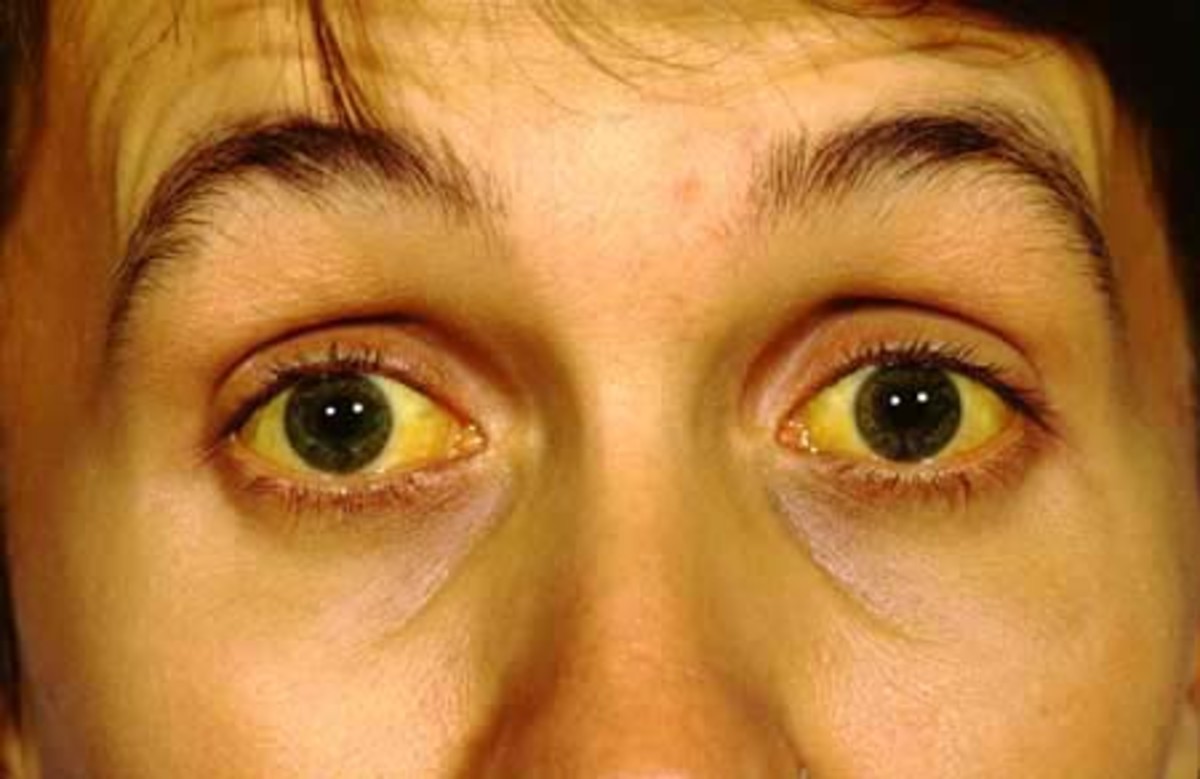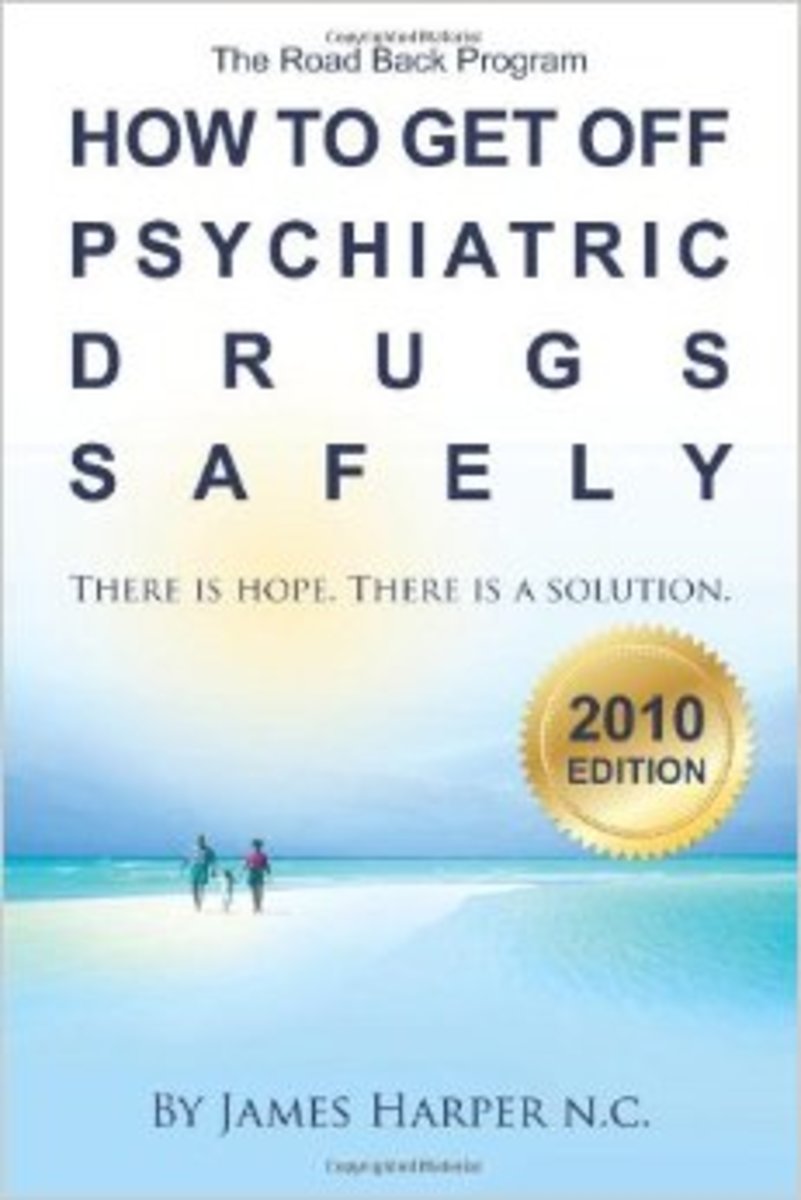When is it Safe to Take Clozapine During Mental Health Treatment?
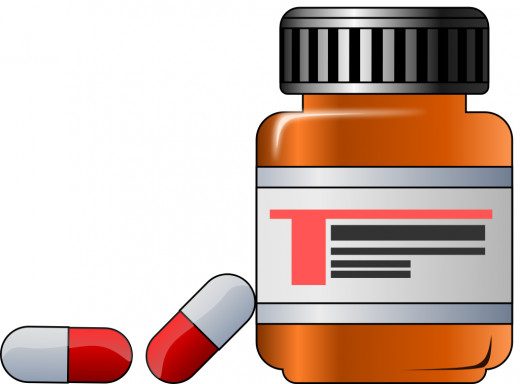
What is clozapine?
Clozapine is being prescribed for the treatment of schizophrenia, schizoaffective disorder, and in some cases, severe bi-polar disorder when treatment with other anti-psychotic medications has been unsuccessful. Although the drug is effective in reducing the symptoms associated with these mental illnesses, before undergoing treatment, the patient and/or his or her relatives need to become familiar with the risks involved.
Manufactured under the brand names Clozaril, Fazaclo, Gen-Clozapine, Zaponex, Klozapol, Clopine, Azaleptin, Leponex, Froidir, and Denzapine, clozapine is an "atypical anti-psychotic." Having been developed in the 1970s, with other "second generation" medications, it provides the same benefits of blocking receptors in the dopaminie pathways as typical "first generation" anti-psychotic medications developed earlier, but is less likely to result in motor control problems such as ticks, rigidity, or tremors.1
The drug was taken off the market shortly after its release when it was found that some patients on the drug developed agranulocytosis, a condition in which there is a drastic reduction in the white blood cell count of the body, resulting in susceptibility to infections, and in some cases, death. Additional research produced protocols that, when followed, have drastically reduced the incidence of agranulocytosis, and increased the popularity of the medication.1,2
Doctors in the United States and Canada are required by law to register in a national protocol program (National Clozaril Registry) along with their pharmaceutical company that supplies the medication. Patients are to have their blood monitored weekly during the first six months of treatment (white blood cell - WBC - and absolute neutrophil count - ANC), then every two weeks for the next six months if all goes well. Medication is only to be dispensed to last until the next time the blood is checked. Once it is determined that the blood levels are within the established guidelines more can be obtained.1,3 The blood monitoring must continue for an additional four weeks after the medication is discontinued to ensure that risks are kept to a minimum.
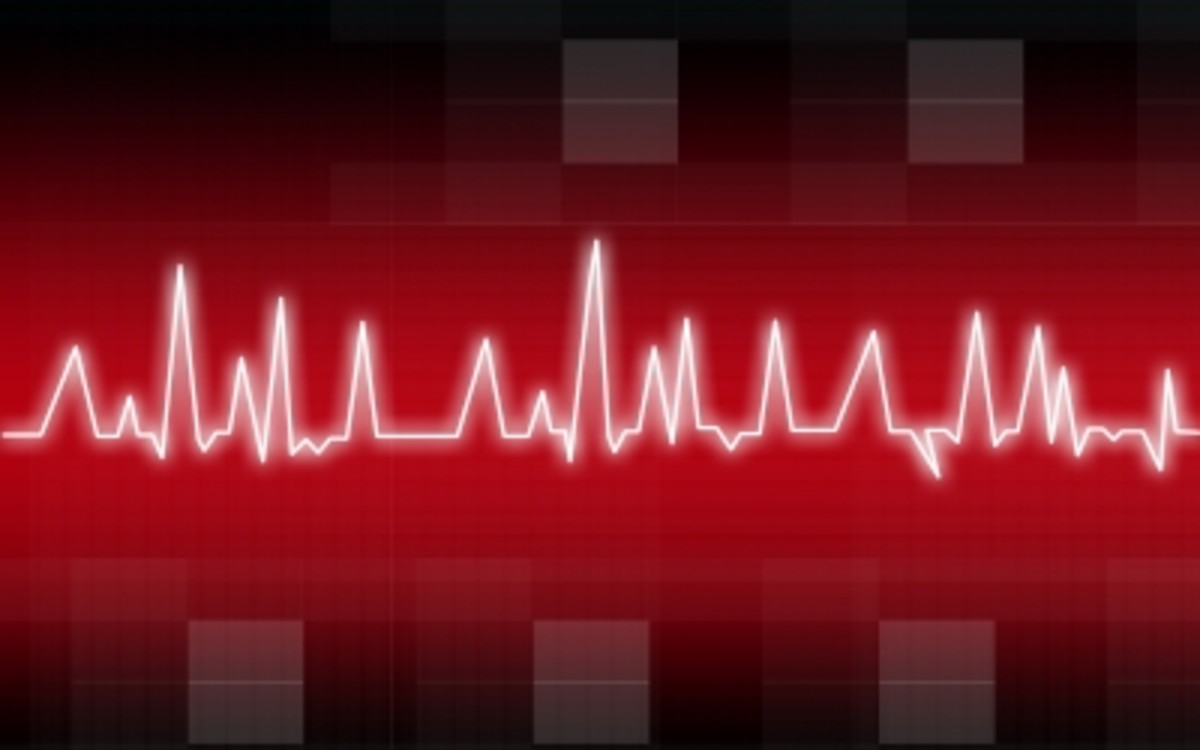
Those who should not take clozapine
Drugs.com gives further information on those that should not be treated with clozapine, including:
- elderly patients with dementia related psychosis
- pediatric patients (children or teens)
- patients with digestive, kidney, heart, liver, or uninary tract problems
- patients with seizures, diabetes, blood diseases or disorders,
- pregnant women (no studies have been done with humans to indicate potential risks)
- patients taking the following medicines - Cisapride, Dronedarone, Droperidol, Fluconazole, Mesoridazine, Metoclopramide, Pimozide, Posaconazole, Sparfloxacin
A careful evaluation of current medications is advised, as there are a number that may result in adverse affects if combined with clozapine (see website for extensive list). Medical personnel must weigh the potential benefits of the medication carefully with the risks involved before making a determination. In any case, careful analysis of overall health, blood tests, and ongoing monitoring are essential.
Potential risks of clozapine
Novartis, manufacturer of clozapine under the brand name of Clozaril, has a warning on their web site that the drug "is associated with substantial risk of seizure" and in clinical trials, 1-2% incidence of "agranulocytosis, a potentially fatal blood disorder, which, if caught early, can be reversed." Safety studies have shown "increased risk of fatal myocarditis" (death from inflammation of the heart muscle), and "orthostatic hypotension" (dizzy spells). "Analysis of clinical studies reveal that elderly patients with dementia-related increased risk of death compared to placebo."4
In spite of these warnings, the company indicates that the drug has helped many people, especially those who have illnesses that are resistant to conventional forms of drug treatment. Not only does it reduce the symptoms associated with schizophrenia, but it reduces the incidence of suicide in those with schizophrenia and schizoaffective disorder.6
Those who are prescribed clozapine need to be in close contact with their medical provider and follow the protocol given. Due to the high incidence of side affects, it may be necessary for other medications to be added to counteract them.
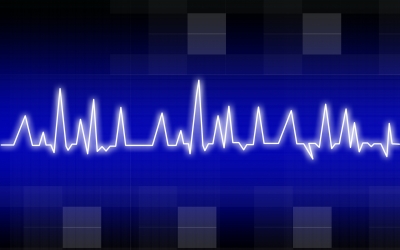
Things to know and do when taking clozapine
Drugs.com recommendations the following when taking clozapine:
- Have blood tests when scheduled
- Follow dosing instructions carefully. Do not stop taking the medicine or take more than indicated in the prescription. Dosage should begin low, and increased gradually to therapeutic level.
- Avoid the use of alcohol and other sedatives.
- When getting up from a lying or sitting position, move slowly to avoid becoming dizzy or lightheaded.
- If you have dry mouth, use gum, candy, or melt bits of ice in the mouth.
- Let your dentist or eye doctor know when you are taking this medication.
- Do not use over the counter medications of any kind without checking with your doctor.
- "Do not drive, climb, swim, operate machines, or do anything else that could be dangerous while you are taking this medicine."
Benefits of treatment with clozapine vary
Patients who have not had success with typical anti-psychositics may have their schizophrenia or schizoaffective symptoms controlled or alleviated with clozapine. Relapse rates, patient acceptability, substance abuse, and risk of suicide have all been shown to be reduced with clozapine in comparison to other anti-psychotics, such as olanzapine.
"Clozapine works well against positive (e.g., delusions, hallucinations) and negative (e.g. emotional and social withdrawal) symptoms of schizophrenia. It has no dyscognitive effect often seen with other psychoactive drugs and is even able to increase the capabilities of the patient to react to this environment and thereby fosters social rehabilitation."1
Patient responses to clozapine vary widely, as seen in the Health Message Board posting, "Clozapine, is it worth the hassle." Some do very well and have minimal side affects. Others have severe issues, and are unable to be on the drug for very long. Our family experience was in the latter group. Our daughter was on the drug only a few weeks, and had to have numerous other medications added to counteract the side affects experienced.
Issues experienced were fainting, enlarged heart, increased heartbeat, increased blood pressure, lethargy, constipation, and nausea. Her delusional state continued to be severe, as well as the hallucinations she was experiencing. When her protocol was reviewed, and there was no positive progress noted on the drug, it was determined to be ineffective for her condition and she was weaned off. Other medications were used that were more successful.

Call your doctor if you have any of the following symptoms:
- fever, chills, tiredness, sore throat, or other signs of flu or infection
- chest pain, fast or irregular heartbeat, or trouble breathing
- increase in thirst or the need to urinate
- convulsions (seizures), severe muscle stiffness
- increased sweating, unusually pale skin, loss of bladder control,
- lip smacking or puckering, puffing of the cheeks, rapid or worm-like movements of the tongue, uncontrolled chewing movements, or uncontrolled movements of the arms and legs
- pain or tenderness in the upper stomach; pale stools; dark urine
- loss of appetite; nausea; unusual tiredness or weakness; or yellow eyes or skin
References
This content is accurate and true to the best of the author’s knowledge and is not meant to substitute for formal and individualized advice from a qualified professional.
© 2012 Denise W Anderson



